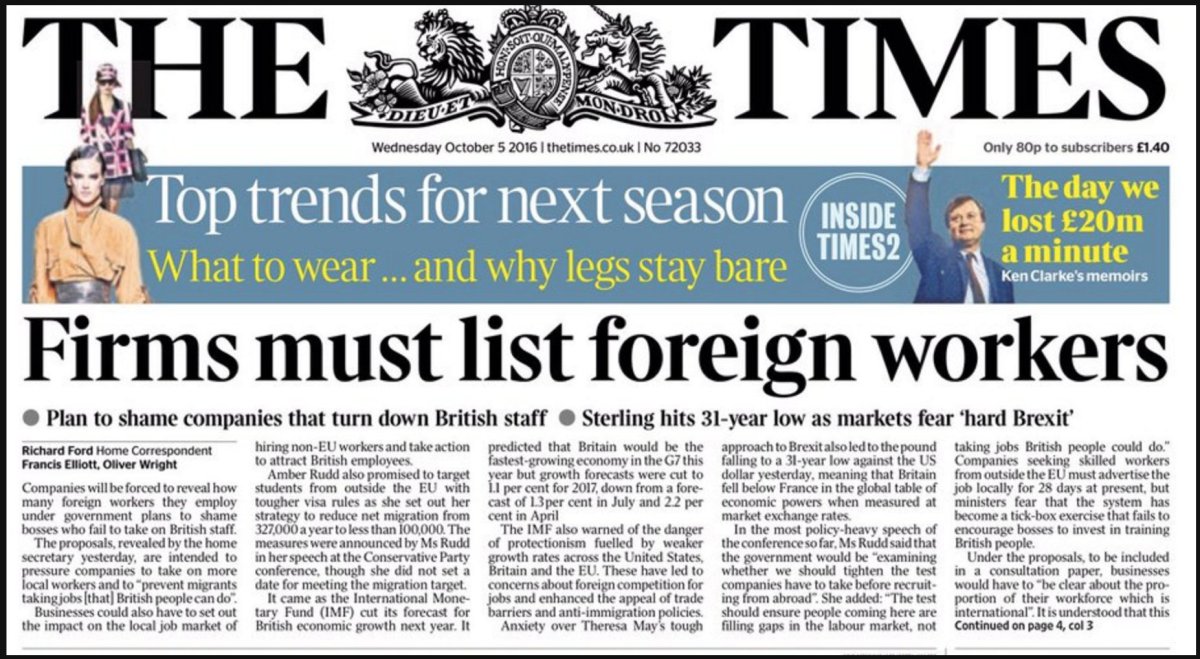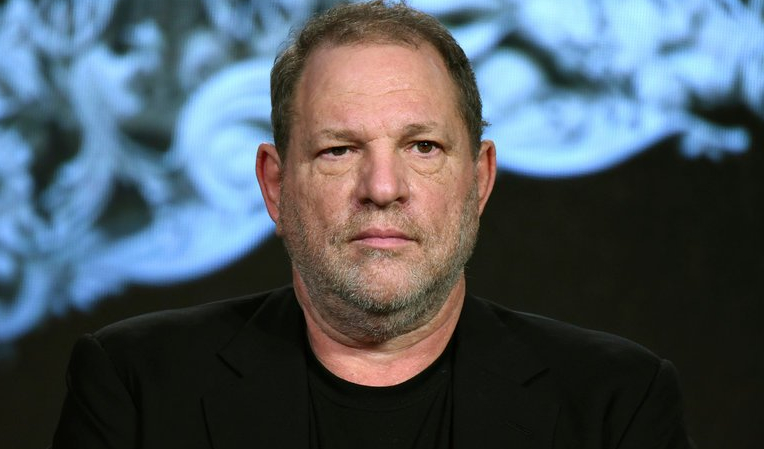
An Industry Reformed?
It’s a commonly held view within the UK that the 2008 financial crisis, blamed on banks, has severely damaged the economy for over a decade now. Those responsible have not yet been brought to account and it has been the taxpayers and ordinary people that have been most deeply affected. There is no doubt that there were many mistakes made with deep and long lasting consequences.
For many of us, our echo chamber rings out with anger of the banking fat cats still earning uncontrolled amounts of money, no one is accountable or has gone to jail for the worst acts during that time. And that’s still the case ten years on, right?
Firstly I wanted to highlight the acknowledgement from the Bank of England that previous regimes within banking regulation were flawed and a new approach is beginning to bed in.
Next, I want to show evidence that banking culture is changing. The case of Charlotte Hogg is the first public test of a new regime and you can decide if the Bank of England, Parliament or Ms Hogg passed.
Thirdly I want to highlight that although those at the top in banking earn an awful lot of money, it is now being curbed by Boards because of poor conduct, even if it doesn’t break any rules. Which must be a step in the right direction.
Finally, I’d like to comment on the issue of accountability within banking. Perhaps there are some lessons that can be learned and shared from banking that could improve other areas of the City, political and civic life.
BOE admissions of fault

What a difference a decade makes
“Market standards were poorly understood, often ignored and lacked teeth. Too many participants neither felt responsible for the system nor recognised the full impact of their actions. Bad behaviour went unchecked, proliferated and eventually became the norm.”
“[Regulators] cannot and should not try to legislate for every circumstance, watch every transaction, or anticipate every market innovation. So, while fines and sanctions have roles in deterring misconduct, they will not, on their own, bring about the cultural change needed.”
“We must move from an excessive reliance on punitive, ex post fines of firms to greater emphasis on more compelling ex ante incentives for individuals, and ultimately a more solid grounding in improved firm culture.”
Banking Culture

The 2016 assessment
‘’The commitment of employees at all levels in banks and building societies to serving their customers, members and clients is clear. Equally clear, however, is that the sector has a considerable way to go in demonstrating consistently the honesty, reliability and competence that has [been] described as constituting ‘trustworthiness’.’’
‘’The challenge of creating or maintaining a good organisational culture is not unique to banking, or indeed to the UK or the 21st century. The consequences of a poor culture in banking are however extraordinarily far-reaching, affecting the economy and society as a whole. For the UK banking sector, raising standards of behaviour and competence is not simply a challenge; it is a responsibility, and one that needs to be owned by every bank and building society.’’
Read the Banking Standard Board’s full 2016 Assessment of firm culture here

The first test of the new way – Bank of England Deputy Director resigns due to conflict of interest
‘’Our newly appointed Deputy Governor for Markets and Banking, Charlotte Hogg had previously not disclosed a relevant family relationship, as was required under our staff Code of Conduct. For those who have questioned whether we “get it”, we do. We know this honest mistake was also a serious mistake – one that was compounded by the fact that Charlotte Hogg had overseen the development of our new Code.’’
Read Mark Carney’s March 2017 comments in full here
Treasury Select Committee forces Hogg’s resignation
‘’Ms Hogg’s failure to declare her brother’s position at Barclays meant that…she was not compliant with the Bank’s Code of Conduct.”
‘’On the basis of the evidence, it is reasonable to conclude that both the multiple lapses in compliance with the Code, over several years, and particularly the misjudgement of Ms Hogg’s evidence about the potential for conflicts of interest in her new role, would have been material to the work of the selection panel, in considering which candidate to recommend to the Chancellor of the Exchequer for the post of Deputy Governor.’’
Read the House of Commons Treasury Select Committee report here
She resigned despite her own belief of her innocence
‘’Charlotte Hogg, the former deputy governor of the Bank of England, suggested to a senior official that she should have kept her brother’s role at Barclays private from MPs, raising renewed questions over the Bank’s handling of the debacle.’’
Banker’s Pay

Lottery win remuneration but claw back for poor conduct is a step in the right direction
‘‘Lloyds [Banking Group] boss Antonio Horta-Osorio will see his pay slashed by £3million after an extra-marital affair and a slump in the bank’s fortunes.’’
‘’It proved hugely embarrassing for the 52-year-old, although he survived after Lloyds insisted no rules were broken. Millions of the bank’s small investors and big City shareholders have seen the value of their holdings fall heavily in the past year as the bank has struggled. The High Street lender has announced 3,000 job cuts and 200 branch closures.’’
‘’Mr Horta-Osorio’s pay pot is now expected to be chopped to around £5.5million from the £8.5million he pocketed in 2015.
‘’Mr Horta-Osorio’s rewards include a base salary of just over £1million, benefits such as a company car and medical insurance, a pension and a fixed amount of shares. This package is likely to total around £2.7million, similar to the amount he picked up in 2015.’’
Worthy of trust?

Individual Accountability Regime (IAR) sets a high bar
‘’The IAR addresses the common refrain of senior management that they weren’t aware that misconduct was taking place in their firms. It sets a series of requirements for the most senior decision-makers of banks, building societies and major investment firms.’’
‘’It re-establishes the link between seniority and accountability. Senior Managers are now held accountable if they fail to take reasonable steps (including training or proper oversight) to prevent or stop regulatory breaches in their areas of responsibility.’’
‘’And it prescribes responsibilities – typically to the Chair and CEO respectively – for developing and embedding a firm’s culture. Under the IAR, firms must also annually assess and certify the fitness and propriety of a wide range of risk-taking employees.’’
To wrap up…
A common complaint of the aftermath of the financial crisis is that no one has been held to account. No one has gone to jail for what happened. Legal process does take time and banking executives are now beginning to appear in court for example, former Barclays and Lloyds executives will soon be in the dock.
For all its faults the UK banking industry is taking steps to ensure that the mistakes of the past will not be repeated again. Regulators and industry bodies are putting in place regimes that are changing levels of accountability within banks, executives are paid substantial amounts of money but are having this cut because of poor conduct and performance. Is this practice replicated in the big 4 accountancy firms or Magic Circle law firms who have profited so much from advising the banks during the past decade?
Is such accountability common place in other areas of the economy, politics or civic society? Perhaps it’s time to stop deriding the banking industry.





